impacting the lives of at-risk women and children in israel and canada
Passionately Supporting Education, Healthcare, and Social Services
Changing lives, providing hope, and building futures since 1917.

impacting the lives of at-risk women and children in israel and canada
Passionately Supporting Education, Healthcare, and Social Services
Changing lives, providing hope, and building futures since 1917.

Become an Impact Investor


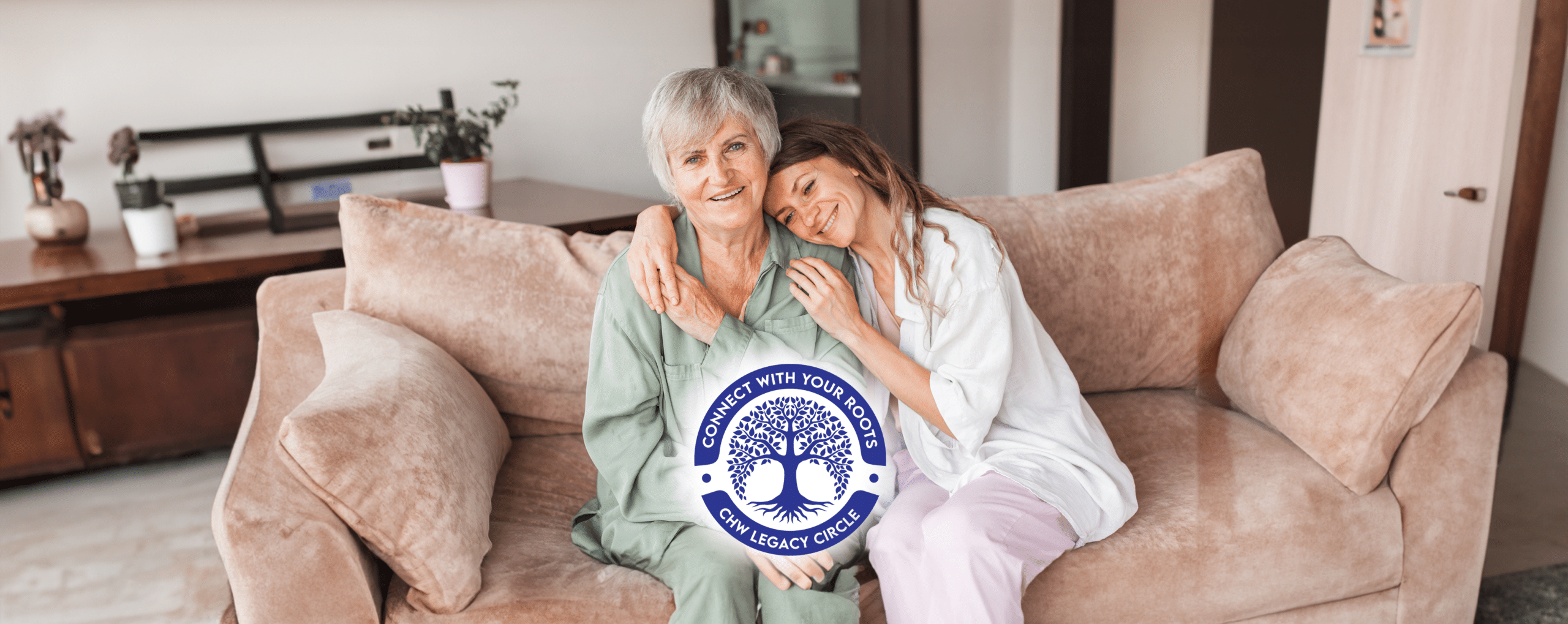
It's never too late to start your legacy.
impacting the lives of at-risk women and children in israel and canada
Passionately Supporting Education, Healthcare, and Social Services
Changing lives, providing hope, and building futures since 1917.
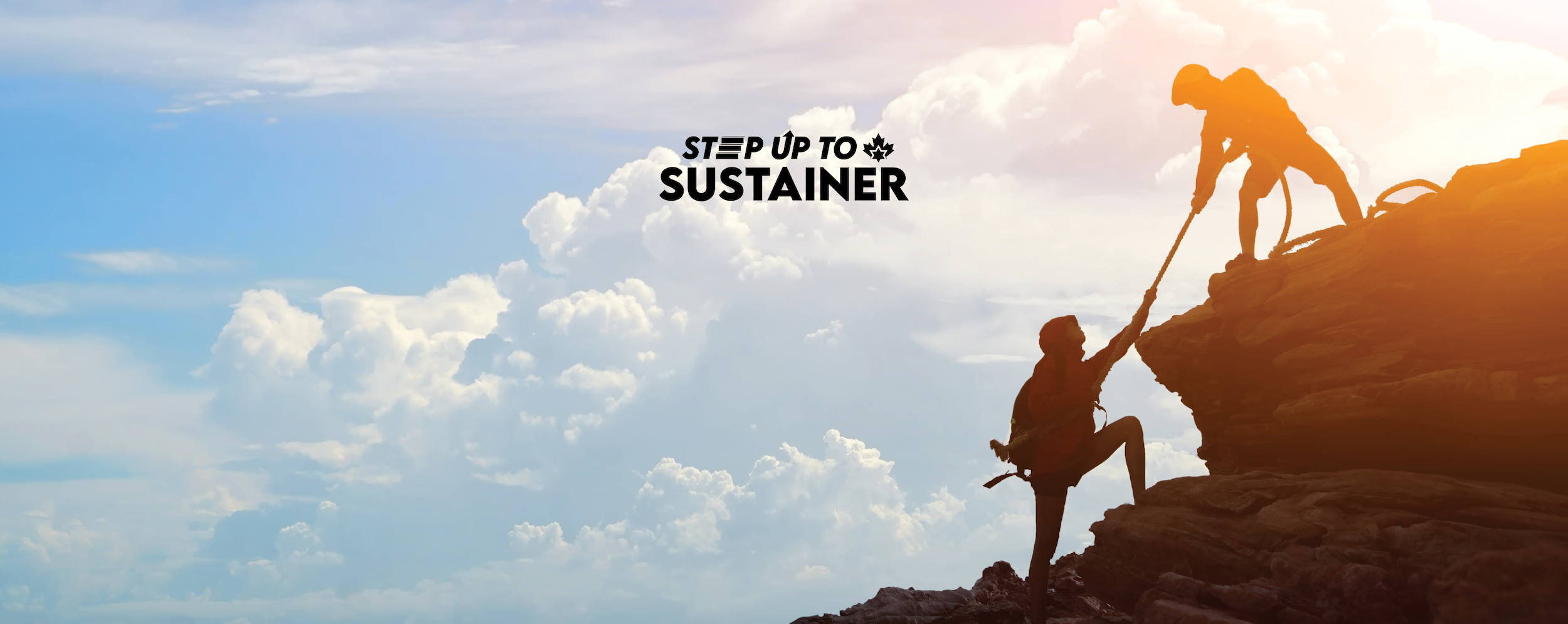
Enrich your engagement and boost your impact!

since 1917
Changing Lives.
By supporting CHW, you will change the lives of women and children by providing critical social services. Your support will provide guidance and training to empower them for the rest of their lives.
Providing Hope.
By supporting CHW, you will provide hope for women, children, and families in need of life-saving medical treatments. Your support will ensure those in need of care are never turned away.
Building Futures.
By supporting CHW, you will build futures for the next generation. Your support will provide professional training, innovative teaching methods, and practical tools needed for success in a wide variety of fields.
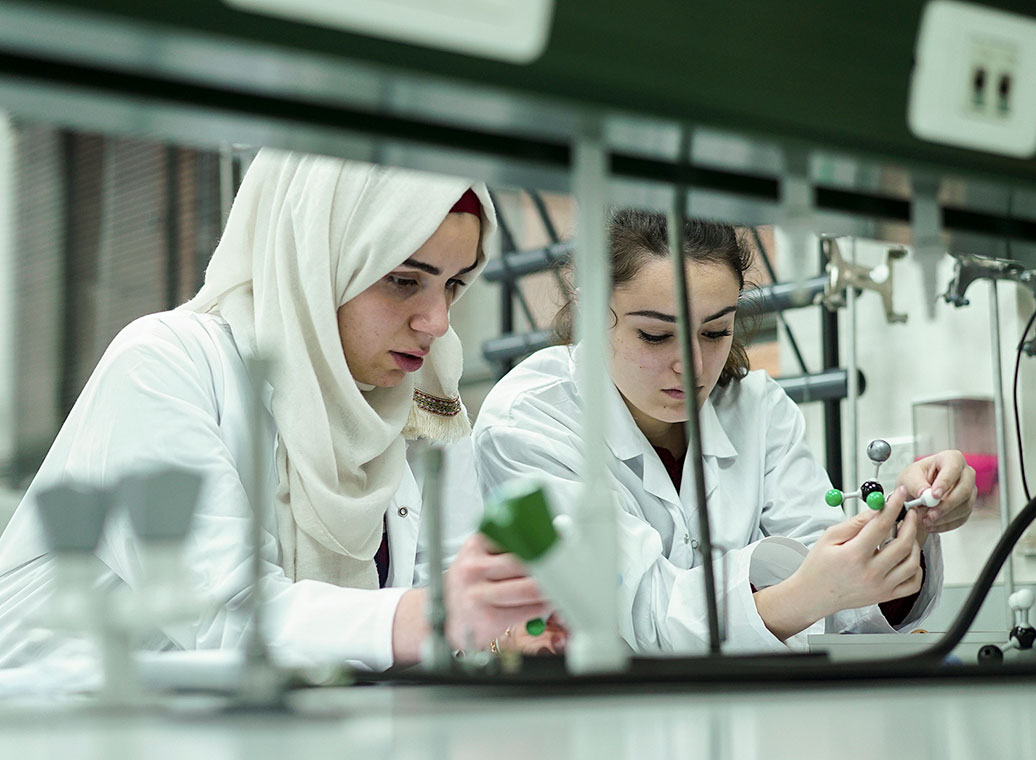
Choose Your Centre
CHW Projects In Canada and Israel
Education
Click on the below to learn more about our current education projects:
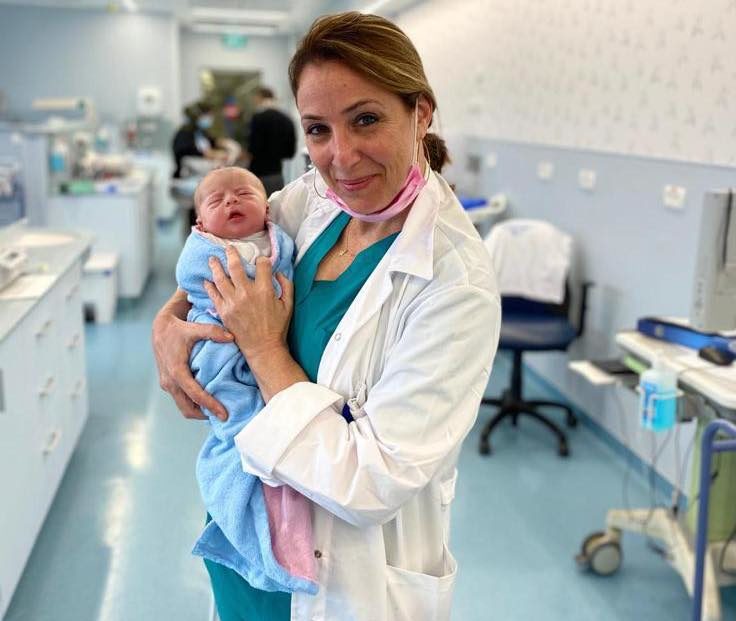
Choose Your Centre
CHW Projects in canada and Israel
Healthcare
Click on the below to learn more about our current healthcare projects:
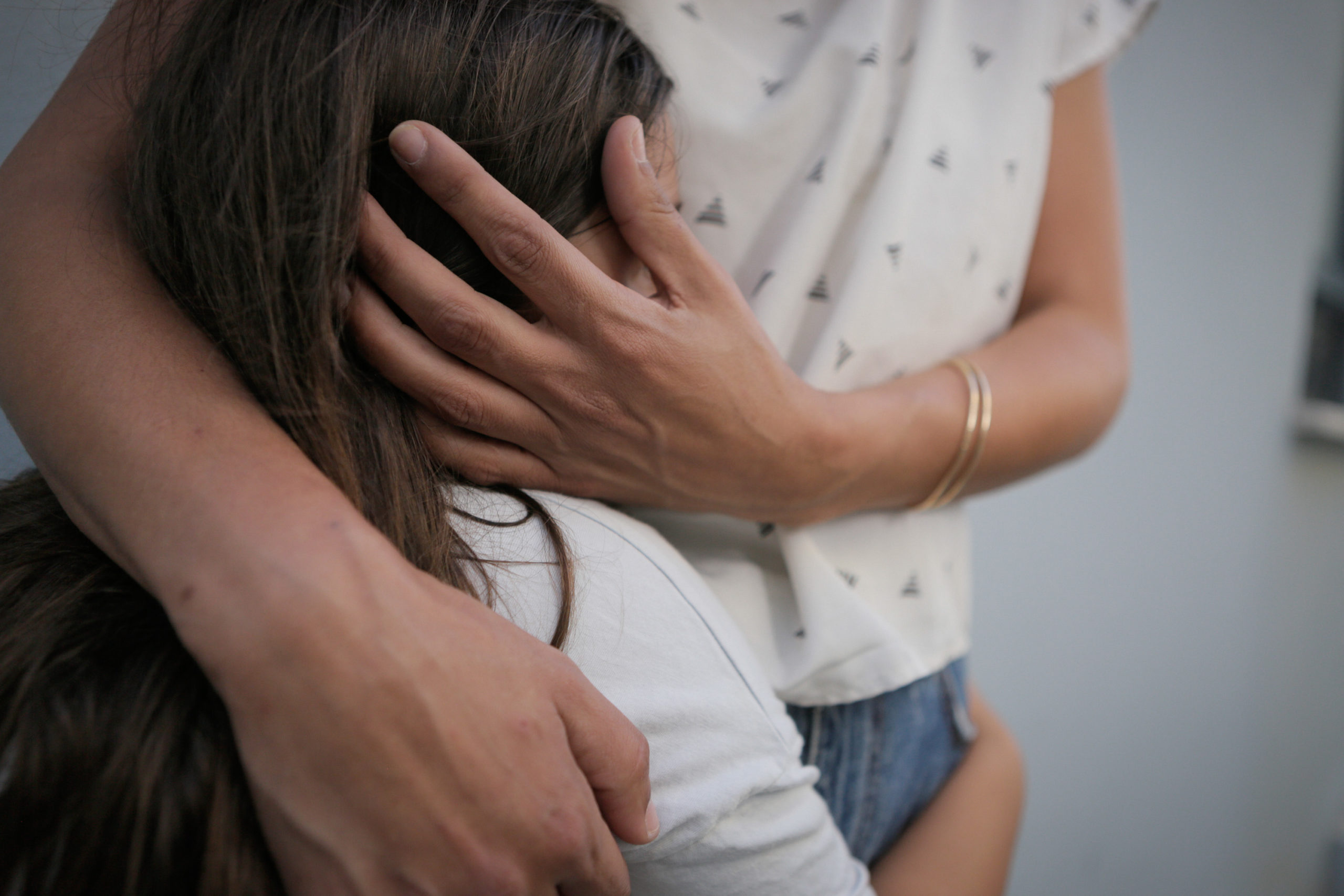
Choose Your Centre
CHW PROJECTS IN CANADA AND ISRAEL
Social Services
Click on the below to learn more about our current social services:
Impact Stories
See how CHW is making a difference
For over 100 years, CHW has made a positive and lasting impact on the very fabric of Israeli society by transforming the lives of women and children. Read about the impact we are making by clicking on the below buttons:
Events & Fundraisers
the proof is in the numbers
Our Impact is Your Impact
At CHW, we passionately support at-risk children and women in Israel and Canada.
Your generous support makes that possible each and every day.
the orah magazine
About the ORAH
The ORAH magazine, first published by CHW (Canadian Hadassah-WIZO) in 1960, focuses on CHW’s impact on education, healthcare, and social services in Israel and Canada. It also features inspiring stories about influential leadership, generous giving, innovative philanthropy, and CHW’s impact on the at-risk women and children we support.
Become a CHW supporter today and receive the ORAH twice yearly.
We are pleased to provide the digital edition of our Winter 2024 issue for your viewing pleasure. Click here or the button below to see the entire magazine.






